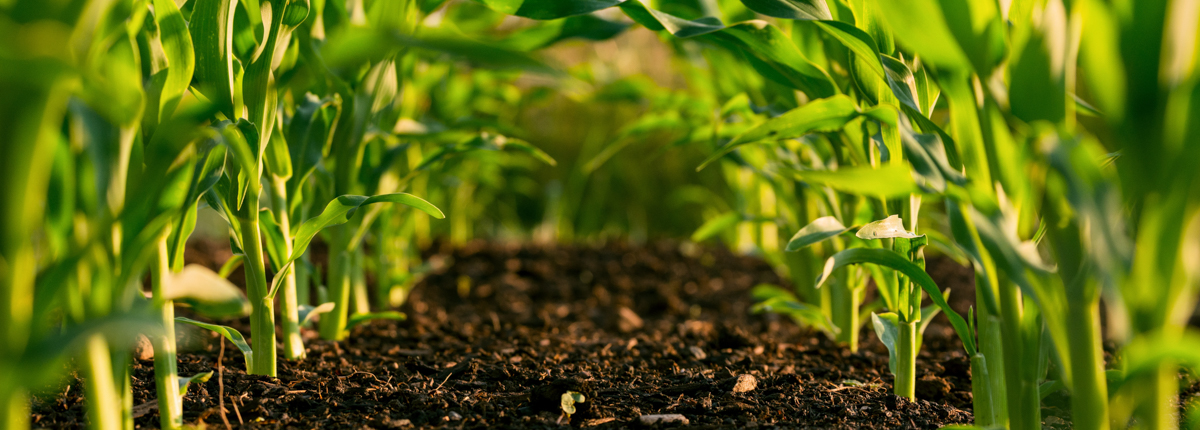From risk to resilience: How Winrock’s Climate Resilience Accelerator helps communities adapt — and thrive
Climate shocks are now a daily reality — from record heat waves to devastating floods, droughts, fires and food insecurity. These impacts hit the most vulnerable communities first and hardest, often undoing decades of progress and economic growth. Food systems, health, education and livelihoods are imperiled. Yet too often, development investments overlook the need to prepare for these risks.
That’s why Winrock is launching the Climate Resilience Accelerator: a bold, practical framework for ensuring that development isn’t just about growth — it’s about endurance, equity and transformation. Winrock sees building climate resilience not as a burden, but as a competitive advantage for businesses, farmers and communities most impacted by climate change.
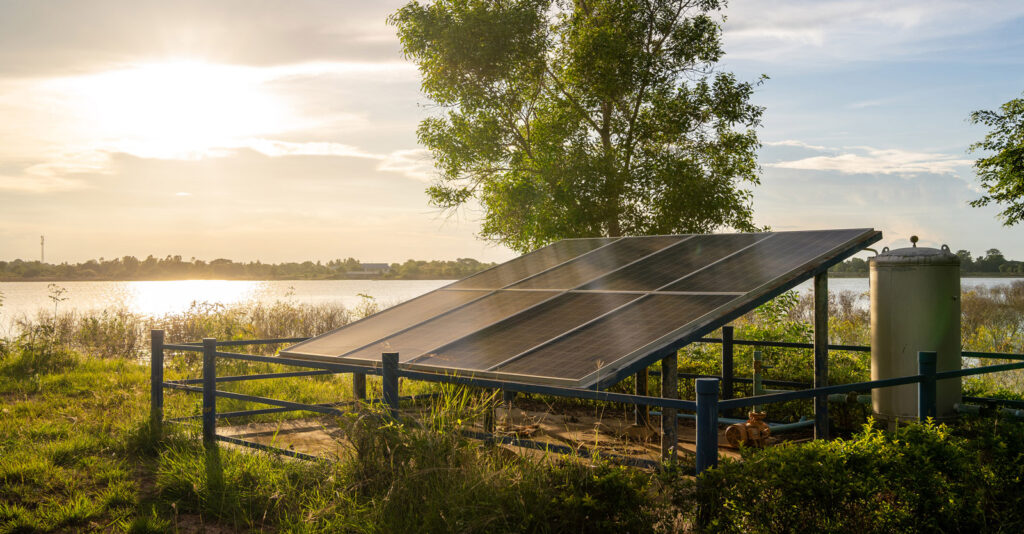
What is climate resilience — and why does it matter?
Climate resilience is the ability of systems — from agriculture and forest ecosystems to social and economic systems — to anticipate, prepare for, respond to and recover from climate-related shocks and long-term stressors. As climate impacts accelerate around the world, resilience has become essential — not only to survival, but to long-term prosperity.
At Winrock, resilience is at the heart of our work. Whether helping smallholder farmers transition to climate-smart production or protecting forests and peatlands that store massive amounts of carbon, our mission is to build solutions that last through science, innovation and strong partnerships with the people and organizations shaping the future.
“I’m thrilled Winrock is building on our 40 years of experience implementing climate projects around the world, as well as on lessons learned and our strong networks, to launch this new phase to help communities, businesses and governments collaborate and innovate to improve systems,” said Colin Quinn, Winrock’s director for climate & environment. “From food and forest systems to social and economic systems, we’re adopting a holistic approach to increase preparedness and resilience to climate change.”
The Accelerator is designed to help communities and systems build and sustain resilience through market-based, climate-smart solutions. It draws on Winrock’s deep technical expertise – across the entire organization − with a systems approach that aligns climate adaptation, disaster risk reduction, sustainable livelihoods and ecosystem conservation. It’s not a single project — it’s a growing portfolio built around three pillars:
- Climate-smart and regenerative agriculture: Winrock collaborates with farmers and agribusinesses to implement climate-smart practices that enhance productivity and resilience. For instance, our work in Malawi has supported farmers in adopting sustainable practices like agroforestry and drought-tolerant crops, improving food security and livelihoods. In Thailand, we’ve worked with farmers to develop climate-smart innovations with demonstrated market potential across Southeast Asia. In the U.S. Midwest, we are connecting regenerative farmers to markets to improve incomes.
- Conservation and natural resource management: Winrock promotes sustainable management of natural resources to preserve biodiversity and support livelihoods. In the Solomon Islands, for example, we partnered with communities, local organizations and island government to protect forests through locally led initiatives that balance conservation with economic development. We are also a global leader in developing high-integrity carbon markets that help countries and communities access finance to improve local resilience.
- Integrated water resource management: Winrock supports basin-scale water security by partnering with governments and communities to improve the management of shared water resources. In the Upper Lempa River Basin, spanning El Salvador, Honduras and Guatemala, Winrock led a collaborative effort to strengthen governance, restore watersheds and build resilience to climate-related water stressors across national borders.
The Accelerator aims to match these locally driven approaches with diverse investment by leveraging a network of funders and partners to mobilize and multiply investments that provide scalable solutions.
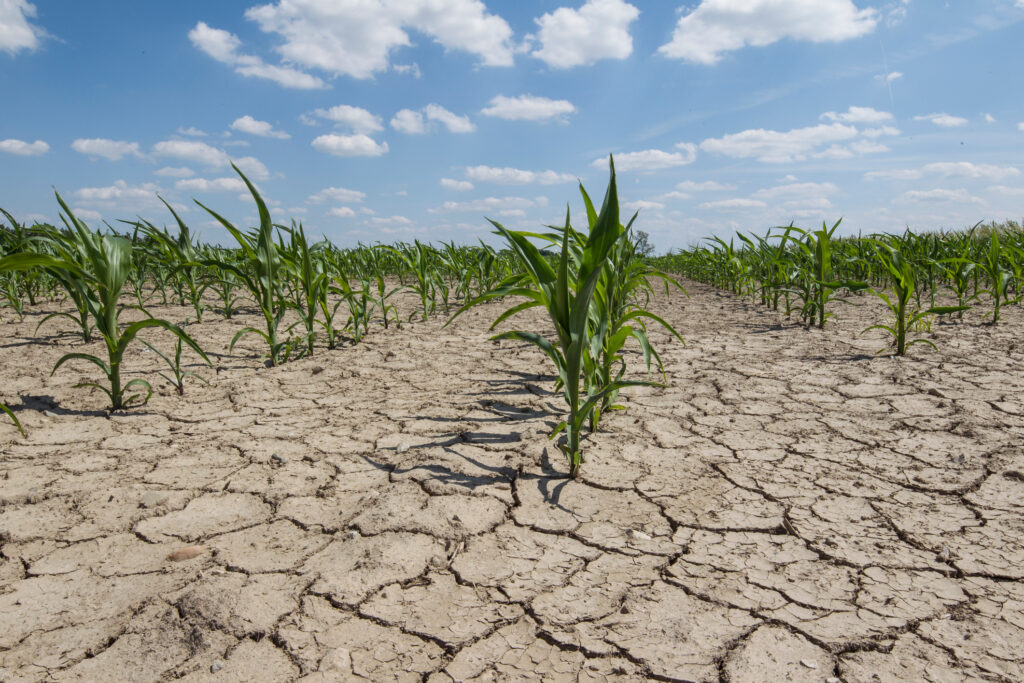
Real-world resilience in action: Private and philanthropic partnerships lead the way
Winrock applies the Accelerator’s principles through projects backed by diverse partners — ranging from the U.N. Framework Convention on Climate Change’s Green Climate Fund – for which Winrock was selected as a Delivery Partner − to private funders like the Hilton Foundation (piloting community-financed solar water pumps in Ethiopia), Mastercard Foundation (supporting women and youth livelihoods in the cashew sector in West Africa), and the Good Energies Foundation (peatlands restoration in Indonesia). We also work with major multinational corporations including Nestlé, Hershey, McCormick and Netflix on GHG emissions accounting and prevention, and/or nature-based solutions to mitigate supply chain impacts. In Nigeria and Liberia, Winrock has supported thousands of smallholder farmers with climate-smart, market-oriented agriculture practices that improve food security, enhance livelihoods and build long-term resilience to climate shocks.
Our locally grounded, science-based solutions help farmers adapt to changing weather patterns while boosting productivity and sustainability. Across the U.S., Winrock maintains a strong presence in its founding state of Arkansas, throughout the Mississippi Delta, and across the Midwest — working with farmers, businesses and funders to advance regenerative agriculture by developing tools, fostering communities of practice, and connecting producers to markets to strengthen local climate resilience.
Winrock is also proud to be a member of the Science Based Targets Network, enabling us to provide technical assistance and validation services in ecosystems and natural resources management, and helping companies set science-based targets for both nature and climate.
These are just a few of the private and philanthropic partnerships powering the Winrock Climate Resilience Accelerator — and showing how resilience is both a public good and a sound investment.
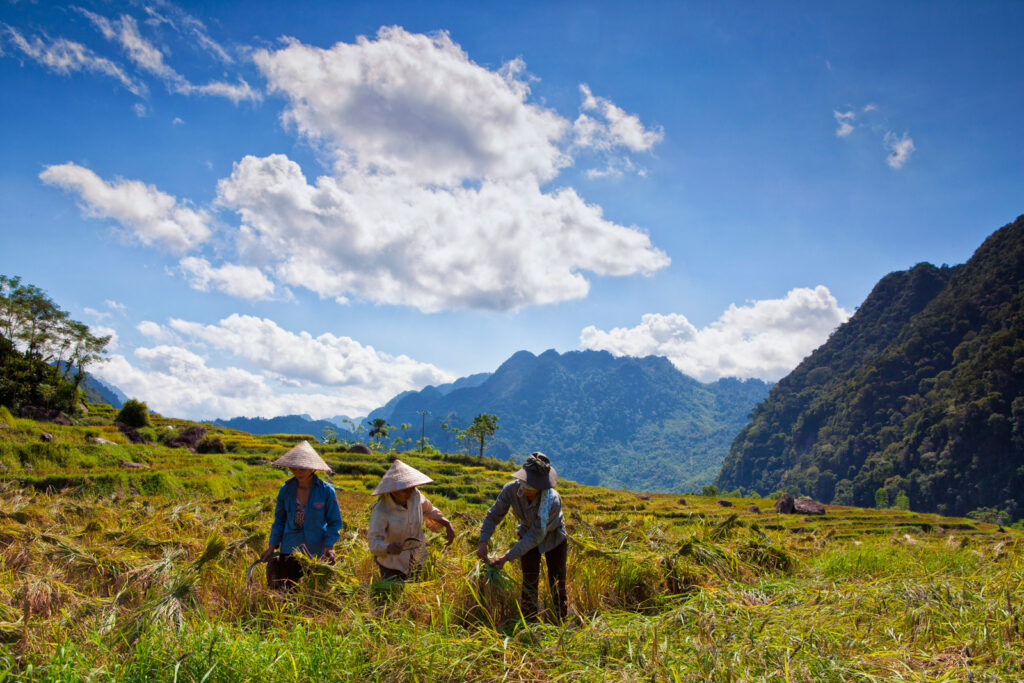
Why we need the Accelerator − now
The Winrock Climate Resilience Accelerator is more than a response to climate change — it’s a proactive strategy to prevent climate shocks from becoming human disasters.
Here’s why it matters, now:
…Because funding needs to move faster and smarter
Winrock is blending public, private and philanthropic capital to unlock finance for communities on the frontlines. Through tools like carbon markets, payment for ecosystem services and inclusive market systems, the Accelerator creates durable value for both people and planet, and leverages and multiplies the investments of funders and partners.
…Because communities already have solutions
Farmers, fisherfolk, women’s groups, Indigenous peoples and other community leaders are the real experts in resilience. The Accelerator is designed to amplify and scale local leadership, not replace it.
“Extreme weather and environmental shocks are displacing millions and driving people to make difficult decisions that increase their vulnerability to human trafficking, gender-based violence, child labor and unsafe migration,” said Nina Etyemezian, associate vice president of Winrock’s Human Rights, Education & Empowerment group.
“The World Bank estimates that up to 216 million people could be displaced within their own countries by 2050 due to such pressures. At Winrock, we’ve seen firsthand how building resilience at the community level can reduce those risks. This new approach brings together our cross-sector expertise — working with local organizations, governments and the private sector — to strengthen systems and support safer, more sustainable futures for the world’s most vulnerable populations.”
…Because climate risk is a development risk
Development without resilience is like building a bridge to nowhere. If investments don’t consider future climate stress, they may be wiped out by the next drought, flood or storm.
…Because climate resilience provides important co-benefits
Improving climate resilience provides crucial co-benefits, such as helping reduce GHG emissions through storing carbon in coastal ecosystems like mangrove forests, while these same ecosystems protect coastal communities from flooding and provide livelihood opportunities – through increased protection for vital fish nurseries, for example. The Accelerator supports communities, governments and the private sector to strengthen systems and conditions that enable these co-benefits to accrue from the ground up.
Winrock’s commitment to a resilient future
For 40 years, Winrock has worked at the intersection of science, sustainability, and equity. Today, we’re combining that legacy with a new strategy to meet the climate moment — one that doesn’t just react to crises but builds systems strong enough to prevent them.
The Winrock Climate Resilience Accelerator is how we turn innovation into impact — and how we build a future where resilience is the rule, not the exception.
“Through the Accelerator and working directly with our incredibly talented local partners and experts, Winrock is changing the narrative around climate resilience from addressing a burden, to becoming a differentiator for businesses, farmers and communities most impacted by climate change. I’m excited to see how Winrock and our partners use this new framework to empower communities, businesses and governments to better prepare, plan, and work together to improve climate resilience and tackle some of society’s biggest challenges.”
– Colin Quinn, Winrock’s director for climate & environment
Related Projects
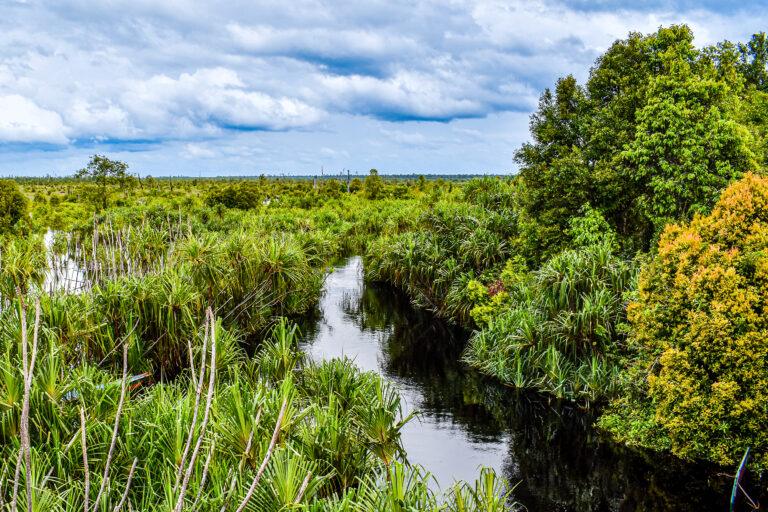
Advancing Public and Private Sector Partnerships toward Restoration and Conservation of Peatlands in Indonesia
This third phase of the Good Energies’ project seeks to facilitate a transformational shift in Indonesia’s peatland management and conservation. Driven by private sector demand, this project coordinates with the government of Riau and Siak, along with local communities and farmers who live and work in the peatland to implement the newly developed Green Siak […]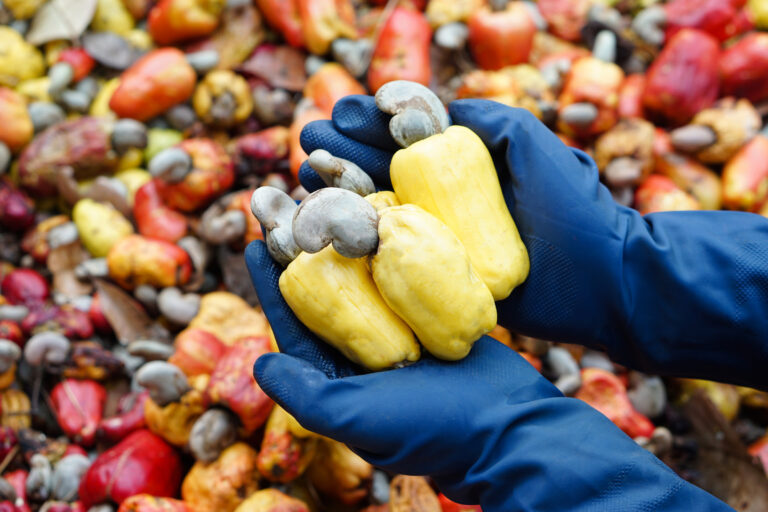
Women Economic Empowerment through Cashew Processing Program
The Women Economic Empowerment through Cashew Processing Program (WEECAP) is a transformative initiative aimed at creating 330,000 jobs — 70% of which are for young women — by strengthening the cashew value chain in Côte d’Ivoire, Guinea Bissau and Senegal. Led by Winrock International with partners CARE, GIZ and OCA and supported by the Mastercard […]
Nestle Greenhouse Gas Project Procurement
Nestlé has committed to reducing its greenhouse gas (GHG) emissions by 20 percent by 2025, to cut its GHG emissions in half by 2030, and to achieve net zero by 2050 – even as its business continues to grow. (For more details, see Nestlé Net Zero Roadmap.) Winrock International supported Nestlé to identify reduction and removals projects […]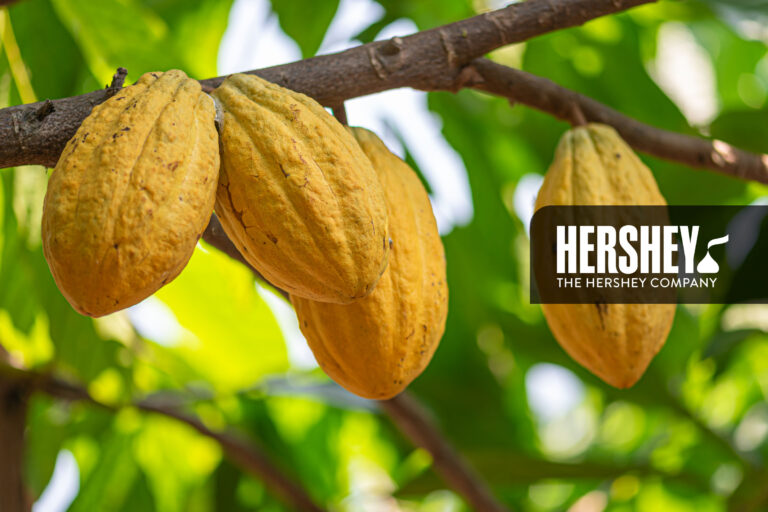
Hershey Biodiversity, Water and Waste KPI Support
Winrock collaborated with The Hershey Company, one of the largest snack manufacturing companies in the world, with more than 90 brand names in approximately 80 countries that drive more than $11.2 billion in annual revenues. Hershey, which is already committed to the Science Based Targets Initiative (SBTI), partnered with Winrock to refine and update its […]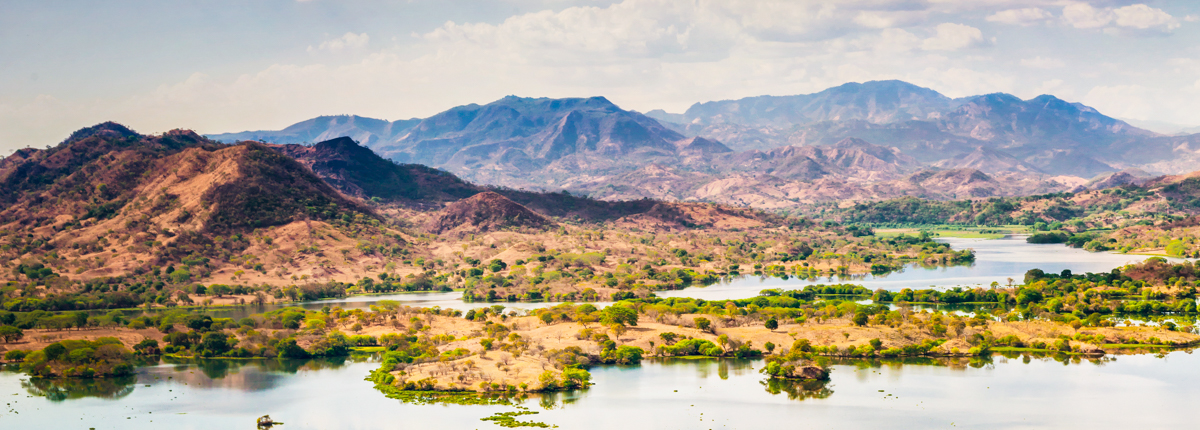
USAID Upper Lempa Watershed Project
The USAID Upper Lempa Watershed Project will improve the health and resilience of the Upper Lempa watershed, directly impacting the well-being and water security of 180,000 people in nine municipalities in El Salvador, Guatemala and Honduras, setting the foundation for water resources management essential to millions of people who depend on the Lempa River and […]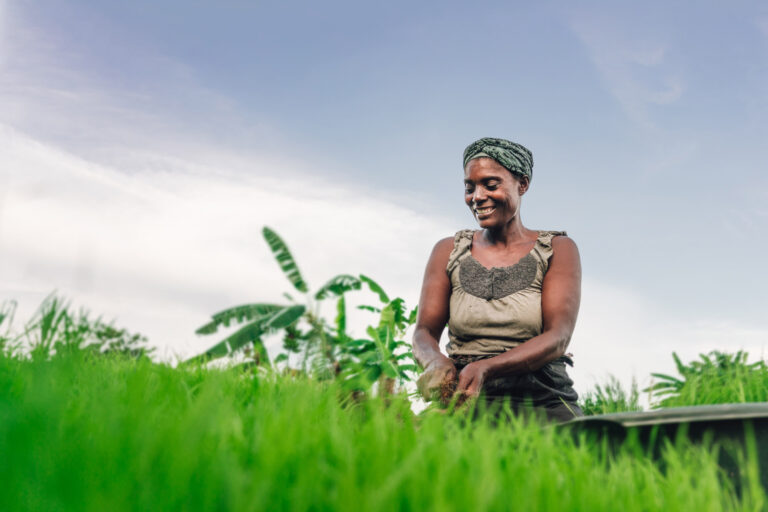
Market Transitions to Enable New Growth Opportunities (MTENGO)
The USDA-funded Market Transitions to Enable New Growth Opportunities (MTENGO) project uses a farmer-first approach grounded in market incentives to increase resource-efficient, reliable agricultural production in Malawi in the face of climate unpredictability. MTENGO, which means both “value” and “foundation” in Chichewa, a language spoken in Malawi, enables farmers to adopt climate smart agriculture and […]